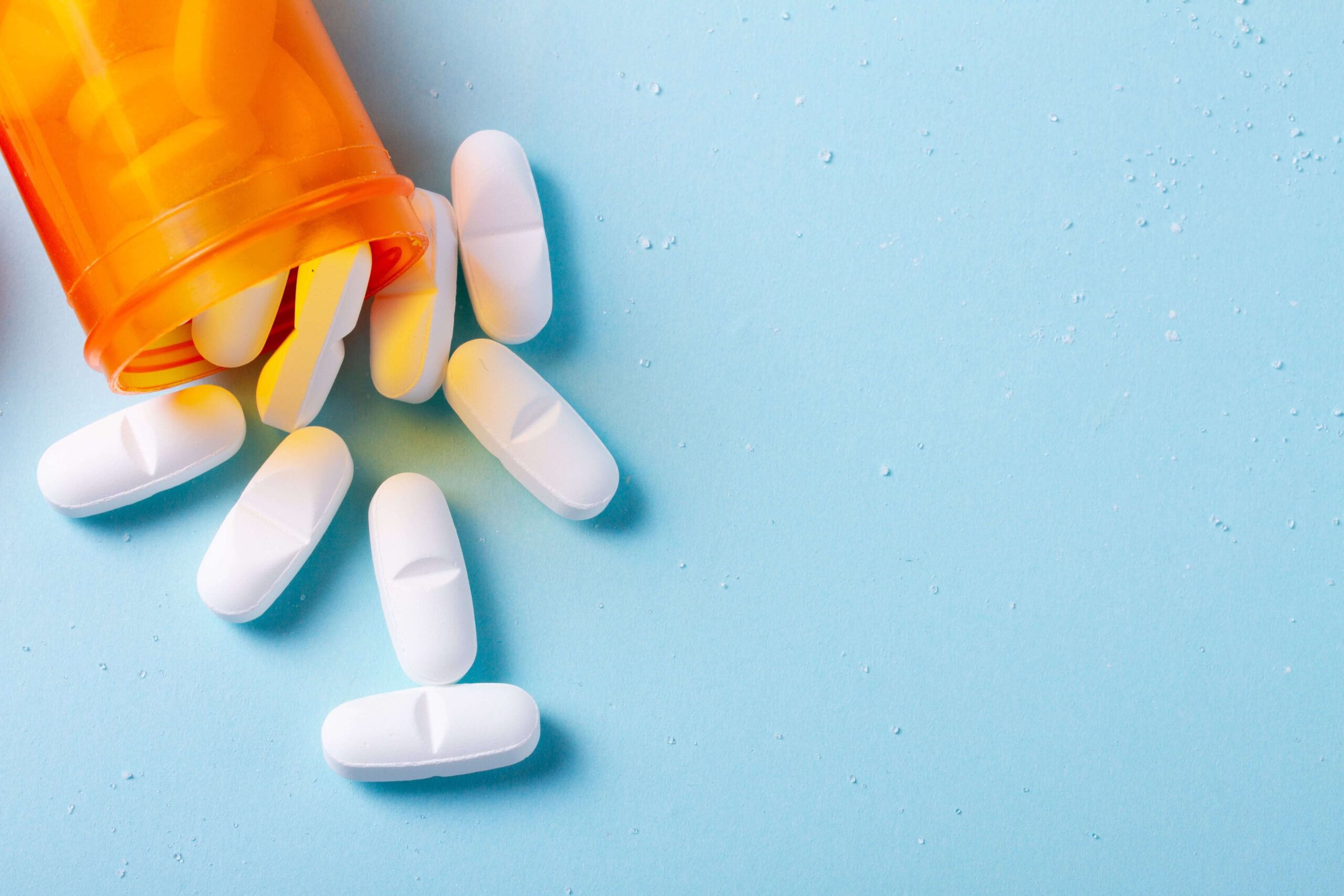Opioid Addiction Treatment
Opioids are among the most addictive substances in the U.S. There are millions of prescriptions written every year, with many individuals developing an addiction to their prescribed doses.
Florida Opioid Addiction Treatment
Residential Detox & Treatment for SWFL
Getting help for opioids is intimidating and hard for some people to do when they don’t recognize how deep their addiction has gone. However, now that you have made a decision to stop, the rest is all about remaining teachable. Yes, teachable – the ability to be open and learn alternative ways of handling things.
Whether you’re stuck in Fentanyl addiction or dependent on pain medicine like hydrocodone or tramadol, we have the opioid addiction programs for you including medication assisted treatment (MAT). Not sure where to begin? Call us 24/7 at 239.266.2141 and find out if our opioid programs are right for you.

Types of Opiates (Opioids)
Since the dawn of time, humans have discovered the pain relieving qualities of the poppy plant and it’s main substance – opium. And, while opium-based products dominated the pain medication market, there have many synthetic additions in the last 50 years. In fact, Methadone was synthesized by the Germans during WWII as a replacement for morphine, which was feared to be in shortage. Since then, artificial pain medicines have been developed in labs and now part of mainstream pain management. You know them as Fentanyl, OxyContin, hyrdocodone, Suboxone, and more.
- Codeine
- Darvocet and Darvon
- Demerol
- Dilaudid
- Fentanyl
- Heroin
- Hydrocodone
- Roxicet
- Lortab
- Oxycodone
- OxyContin
- Percocet
- Prescription Opioids
- Suboxone
- Buprenorphine
- Tramadol
- Vicodin
- Methadone
Opiates vs Opioids: What's the Difference?
Natural Substances vs Synthetics
While opiates and opioids have similar compounds and effects, some key differences are important to note. Both are used in many medical treatments and anesthesia. Opiates are derived from a plant source, whether it’s poppy fibers or poppy sap. Opiates are the main chemical ingredients in heroin, codeine, morphine, and opium.
Opioids are chemicals synthesized in a lab by unnatural means. Common medicines containing opioids include Fentanyl, Vicodin, Percocet, and even many over-the-counter medicines like Imodium.
How Does Opioid Addiction Occur?
Prescription Analgesics Turn into Illicit Use
The most common way that people become addicted to opioids is through prescription use. Prescription painkillers such as Percocet, oxycodone, tramadol, and fentanyl are given to patients suffering from chronic pain, and over time these patients rely on the opioids to feel normal. However, the longer someone uses an opioid, the more of a tolerance they’ll build. Once you’ve developed a tolerance, it takes increasingly higher doses to reduce their pain. This often drives people to opioid use disorder (OUD).
Once someone can no longer receive a painkiller prescription, they tend to look for illegal ways to experience the same high they felt while on prescription medication. Opioids such as heroin and illegally-obtained pills are the illicit drugs of choice for many people with opiate substance abuse.
What is Opioid Use Disorder (OUD)?
OUD is defined as the chronic use of opioids that create substantial harm. Symptoms of this OUD include an intense desire to feel the euphoric high, increased tolerance, and withdrawal indications as soon as 12-hours from last use.
Signs of Opioid Use Disorder (OUD)
Learn the Indications of Opioid Addiction
Like many other addictions, opioid use disorder affects people physically, mentally, and psychologically. Some of the signs and symptoms of opioid dependence include:
- Strong cravings
- Excessive sweating
- Needle marks
- Dope-sick when not using
- Constipation
- Gastrointestinal distress
- Nausea
- Shallow breathing
- Slurred speech
- Increased pain sensitivity
Opioid Recovery in Florida
Fort Myers MAT Program
No matter what treatment plan you decide on with our clinical team, receiving a medically assisted detox is crucial. Medical detoxification allows you to get through withdrawal symptoms safely. At the same time, we’ll perform a comprehensive assessment to determine opioid treatment programs. This may (or may not) include medication assisted treatment (MAT). Deciding if Suboxone (and other buprenorphine products) are right for you requires a more intensive approach. The Substance Abuse and Mental Health Services Administration (SAMHSA) recommends that people struggling with severe physical dependence on opioids use medication-assisted treatment options such as suboxone, naltrexone, and buprenorphine to treat opioid addiction.
Either way, our Fort Myers opioid addiction treatment program will you keep busy with changing the way you think, and subsequently, act! We’ll also introduce you to support groups such as Narcotics Anonymous also help provide recovering addicts with the confidence and resources needed to continue their recovery.














